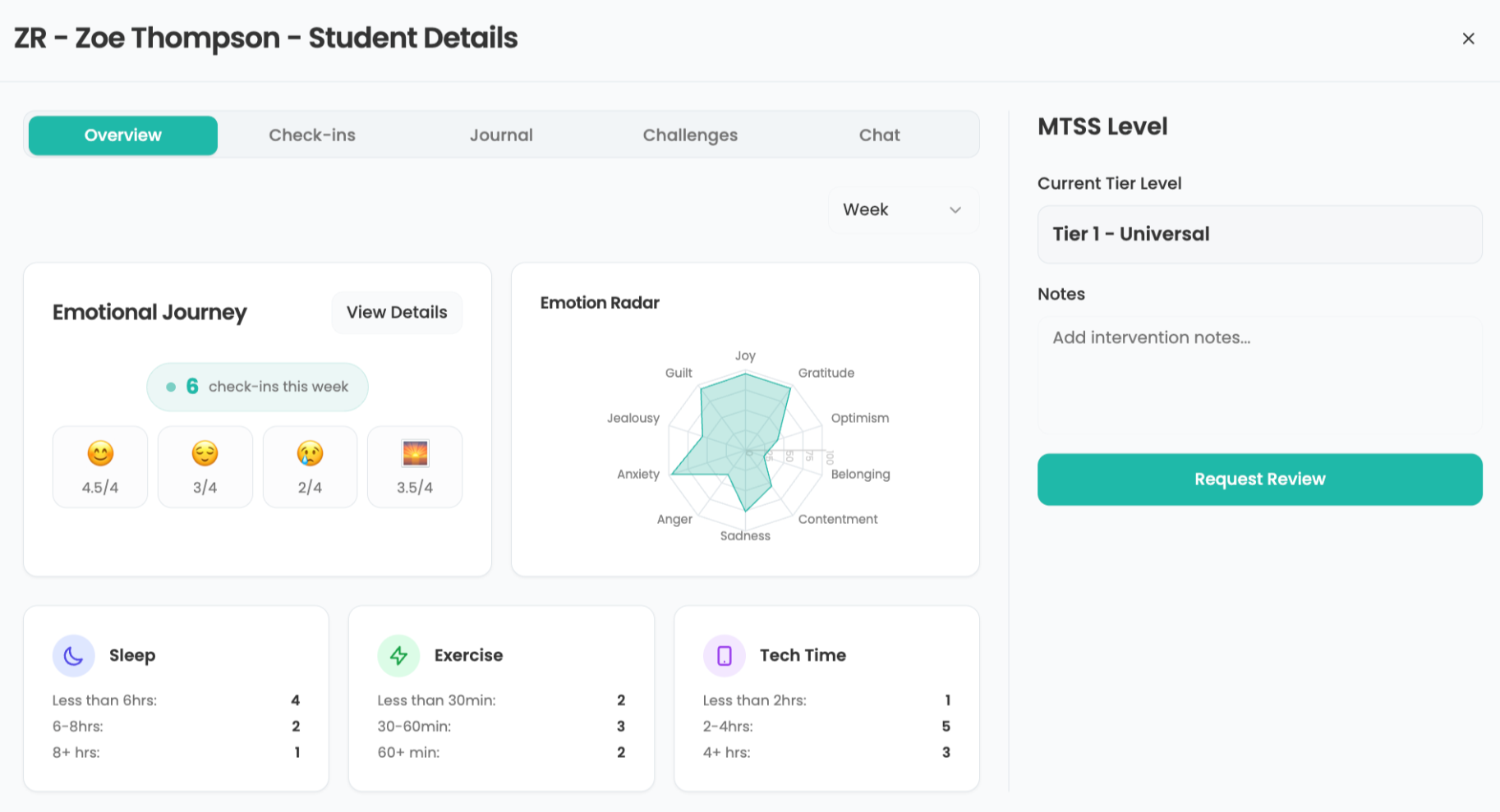Help Students Address a Garden of Emotions with QR Coded Book Featuring Innovative Wellness Technique

Before educators can help students get to the learning, we must first ensure we help students feel good about themselves. Educators can help students with this by providing Emotional Freedom Techniques (EFT) to help them cultivate feelings of peace, satisfaction, calm, positivity, kindness and happiness.
EFT, often referred to as tapping, can provide the tools kids need to get through emotions like stress, anxiety, sadness, fear, or shame without letting them get out of hand. Educators can now easily bring this to the classroom with a new book called, “A Garden of Emotions: Cultivating Peace through EFT Tapping.” It features 10 affirmations that teachers can use with their students. Each affirmation has a description as well as a QR code with a video session by leading EFT Tapping expert Brad Yates.
[Podcast Playlist for Innovative Educators]
The ten special kid-designed video sessions address the following emotions:
— Having a Good Day
— Kindness to Self: Empathetic, Forgiving
— Kindness to Others: Dealing with Shame, Bullying
Tools and ideas to transform education. Sign up below.
— Relaxing: Dealing with Anxiety, Stress
— Focusing: Getting the Wiggles Out
— Letting go of Fear: Being Brave and Smart
— Calming Down: Getting over Anger, Rage
— Feeling Good Again: Getting over Sadness, Grief
— Being Positive: Dealing with Disappointment
— Accepting Imperfection: Feeling Good Enough
Getting Started
After reading the book to herself first, the teacher may choose to read the children’s part of the book to students starting on page 12. Each section has beautifully painted illustrations that accompany each of the ten emotions. When students are introduced to each emotion, in the future, they can have a say in which session they may want to follow.
The first video session on “Having a Good Day” is a sensible one to start with as it has more general tapping phrases that will apply to the whole class. Some days, perhaps after recess or before an assessment a session on “Focusing: Getting the Wiggle Out” will make sense.
Evidence Based
Teachers will want to let parents and administrators know that tapping has been used and tested in the classroom. The research and evidence shows it is an effective tool for resilience, self-regulation, trauma and stress-related disorders. It is also ‘promising’ for depression, well-being; phobia, panic, and anxiety; and ‘unspecified’ and other mental health disorders. It is also something that parents may want to do with their children. The videos can be opened on any device and also saved for instant access with or without the internet using the free Stkr.it app.
Lisa Nielsen (@InnovativeEdu) has worked as a public-school educator and administrator since 1997. She is a prolific writer best known for her award-winning blog, The Innovative Educator. Nielsen is the author of several books and her writing has been featured in media outlets such as The New York Times, The Wall Street Journal, Tech&Learning, and T.H.E. Journal.
Lisa Nielsen (@InnovativeEdu) has worked as a public-school educator and administrator since 1997. She is a prolific writer best known for her award-winning blog, The Innovative Educator. Nielsen is the author of several books and her writing has been featured in media outlets such as The New York Times, The Wall Street Journal, and Tech & Learning.
Disclaimer: The information shared here is strictly that of the author and does not reflect the opinions or endorsement of her employer.
